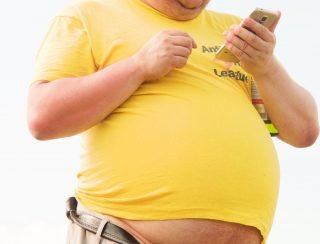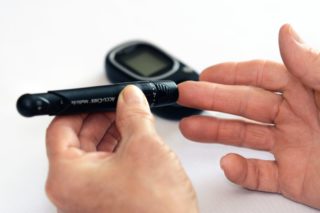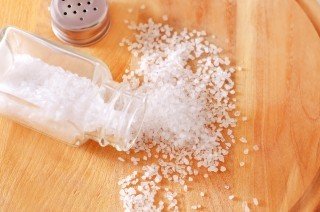People who are diabetic and obese are part of the vulnerable group whose immune system is easily compromised, making them vulnerable to contracting COVID-19. If someone has been exposed to or contracted the virus, healthy nutrition is essential for recovery in boosting their immune system.
How Does Covid Affect Obese And Diabetic Individuals?
Registered dietician, Omy Naidoo, says that the impact of Covid-19 is greater for people who are diabetic and obese.
“People who have diabetes and are obese are more likely to have serious complications from COVID-19. In general, people with diabetes are more likely to have more severe symptoms and complications when infected with any virus. On the other hand, obesity has emerged as a strong and independent risk factor for severe infection and death due to COVID-19,” says Naidoo.
What we know about COVID-19 and Obesity
According to research, the more obese you are, the higher your chances of you either dying from infection or needing ventilation to survive.
The study, published in the Annals of Internal Medicine, found that morbidly obese COVID-19 patients are 60% more likely to die or require intubation, compared with people of normal weight. What’s more, patients who were mildly obese faced a 10% increased risk of death or need a breathing machine, while those who were moderately obese were 30% more likely.
In addition, researchers recently suggested that vaccines might not be as effective in people who are obese.
COVID-19 and Diabetes
For those with diabetes, they also face an increased risk of complications and death. According to a study from the Lancet Diabetes & Endocrinology, 30% of Covid-19 deaths in the UK occurred in people with diabetes.
Moreover, according to the U.S. Centers for Disease Control and Prevention, more than three-quarters of people who died from Covid-19 had at least one preexisting condition, with diabetes being linked to approximately 4 in 10 patients.
COVID-19 Recovery Diet For Obesity and Diabetes
“Those recovering from the covid should eat a variety of fresh and unprocessed foods every day to get the vitamins, minerals, dietary fibre, protein, and antioxidants their body needs. They should also drink enough water, avoid sugar, fat, and salt to significantly lower their risk of diabetes and obesity”, adds Naidoo.
Here are four immune-boosting nutrition tips for diabetes and obesity when recovering from Covid-19
1. Eat more protein
 Protein is an important nutrient for cell growth and regeneration.
Protein is an important nutrient for cell growth and regeneration.
Taking 75-100 grams of protein is essential every day. Add more foods like lentils, legumes, milk and milk products, soy, nuts, seeds, meat, chicken, fish, and eggs.
2. Don’t forget vitamins and minerals
Fresh fruits and vegetables are loaded with immune-boosting, antioxidants, vitamins, and minerals. This can be an excellent addition to your diet for faster recovery and strengthening your immune system.
Aim for five portions of fruits and vegetables a day.
Citrus fruits are packed with vitamin C, which helps in the formation of antibodies and fights infection, while green and root vegetables help to strengthen the immune system.
Also, spend some time outdoors to get a sufficient amount of vitamin D.
3. Less sugar and salt
When cooking and preparing food, limit the amount of salt and high-sodium condiments (e.g. soy sauce and fish sauce).
Limit your daily salt intake to less than 5 g (approximately 1 teaspoon), and use iodized salt.
Avoid foods (e.g. snacks) that are high in salt and sugar.

Gayvoronskaya_Yana/Shutterstock
Limit your intake of soft drinks, sodas, and other drinks that are high in sugar (e.g. fruit juices, fruit juice concentrates and syrups, flavoured milk, and yoghurt drinks). Choose fresh fruits instead of sweet snacks such as cookies, cakes, and chocolate.
4. Don’t Forget Fluids
Water is an essential element for life as it carries nutrients in the blood, regulates body temperature, and flushes out toxins from the body. Besides, an infection can dehydrate the body.
Try to drink at least two-three litres of water every day. You can also consume herbal concoctions, coconut water, milk, and fresh juice.
Avoid packed juice, caffeine and fizzy drinks.



![women [longevity live]](https://longevitylive.com/wp-content/uploads/2020/01/photo-of-women-walking-down-the-street-1116984-100x100.jpg)










